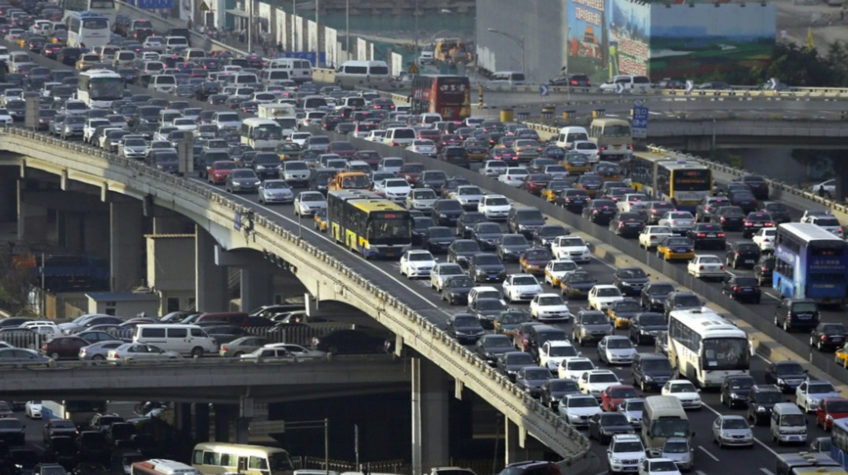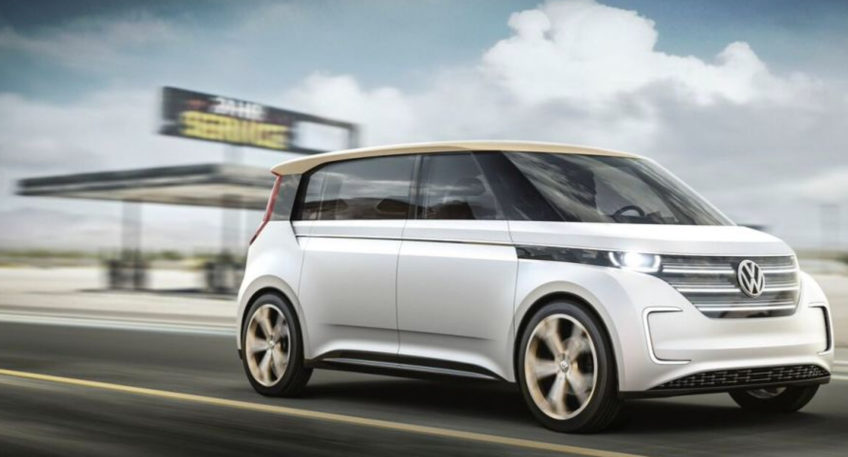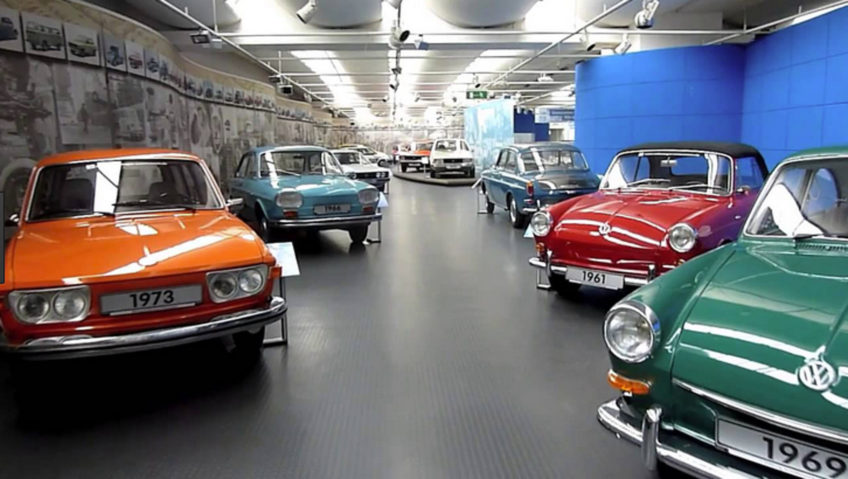In eight years time no more petrol or diesel cars will be sold anywhere in the world. People will stop driving fossil fuelled cars altogether, and will switch to low-cost vehicles powered by electricity with an expectant lifespan of one million miles instead. That’s according to an article this week in The Daily Telegraph following the release of a report by a prominent US university.
Needless to say, the apocalyptic forecast by US economist, Tony Seba, has gone viral with green lobbyists while creating a shock wave among the petroleum industry, as well as everyone involved in the manufacture, supply or parts and maintenance of cars. That’s not to mention car lovers such as ourselves, as we ponder the prospect of channelling our enthusiasm away from the traditional combustion engine and into battery power outputs and charging rates.

Moreover, only diehards will hang on to the old principle of actually owning a car, says Seba. Instead, these new electric vehicles will be hired on demand. And it gets worse. Cities will ban human drivers, and the ban will spread to the suburbs and then beyond. The value of secondhand cars will plummet and there will, says Seba, as reported in The Daily Telegraph, “be a mass stranding of existing vehicles.”
Of course, if no more new fossil-fuelled cars are sold, it will become more and more difficult to find a petrol station. Spares to fix existing cars will become obsolete, people will resort to having to pay to dispose of their old vehicles, and the entire industry involved in repairing and maintaining cars will disappear. Seba is quoted as saying that dealers will disappear by 2024.

No, it’s not April 1, though it sure seems like it. Professor Seba is deadly serious and says the shift will be driven by technology, not environmental issues. The fact that electric vehicles have so few moving parts means maintenance is virtually zero, and being four times more efficient means people will be able to buy cars which will perform better, be cheaper to buy and costs buttons to run. He’s reported as saying: “Internal combustion engine vehicles will enter a vicious cycle of increasing costs. The tipping point will come in the next 2-3 years as battery ranges surpass 200 miles and electric car prices in the US drop to $30,000.”
Seba says car manufacturers will be faced with a choice between making electric vehicles in highly competitive, low cost market or to reinvent themselves as car hire companies. He predicts that the next generation of cars will be ‘computers on wheels’ with the likes of Apple and Google having a distinct advantage over the traditional car makers. He says the change will be ‘swift and brutal’, drawing on what happened to film cameras and the likes of Kodak once digital technology took hold as a parallel. As the The Daily Telegraph speculates, Silicon Valley is where the auto action is, not Detroit, Wolfsburg or Toyota City.

It’s a truly shocking prophecy – and the fact that this new report says it will happen in less than a decade is even more worrying. While professor Seba’s forecast is still open to discussion and there’s question marks about his timing, there’s no denying the shift away from traditional cars as we know them. India has plans to phase out petrol and diesel cars by 2032 and China, which is currently dogged by pollution issues in its major cities, is likely to follow suit.

Whatever the future holds, us petrolheads are unlikely to give up our cars – or our hobby – without a fight. The prospect of the classics we love and cherish one day becoming useless museum exhibits just won’t do. Where emotion is involved, there will always be a lot of feet dragging – and there’s bound to be concessions. We’re certainly not going anywhere, that’s for sure…
Ian
The opinions expressed here are the personal opinions of the author and do not necessarily represent the views and opinions of VW Heritage


Commenting to regain email notifications!